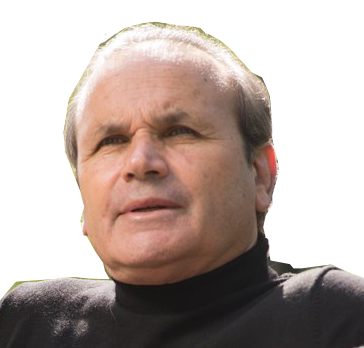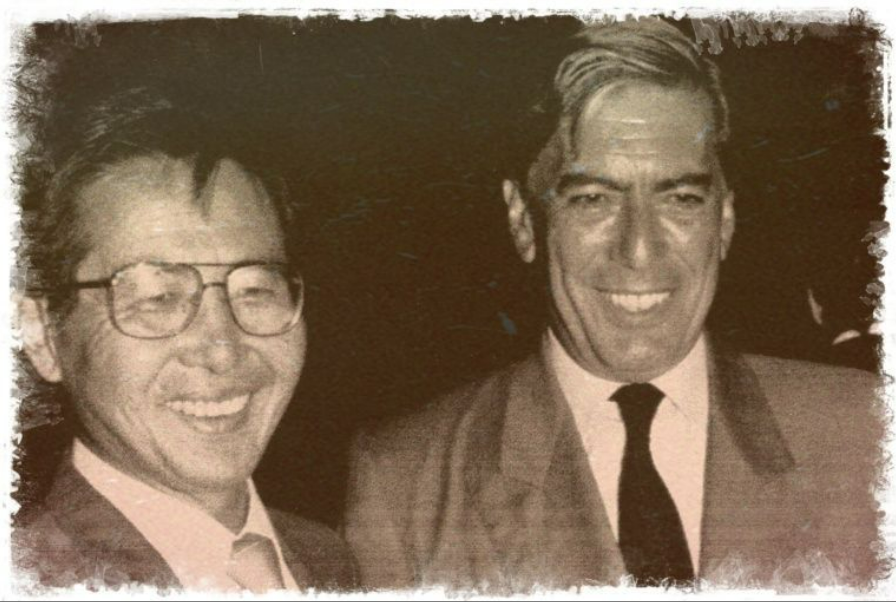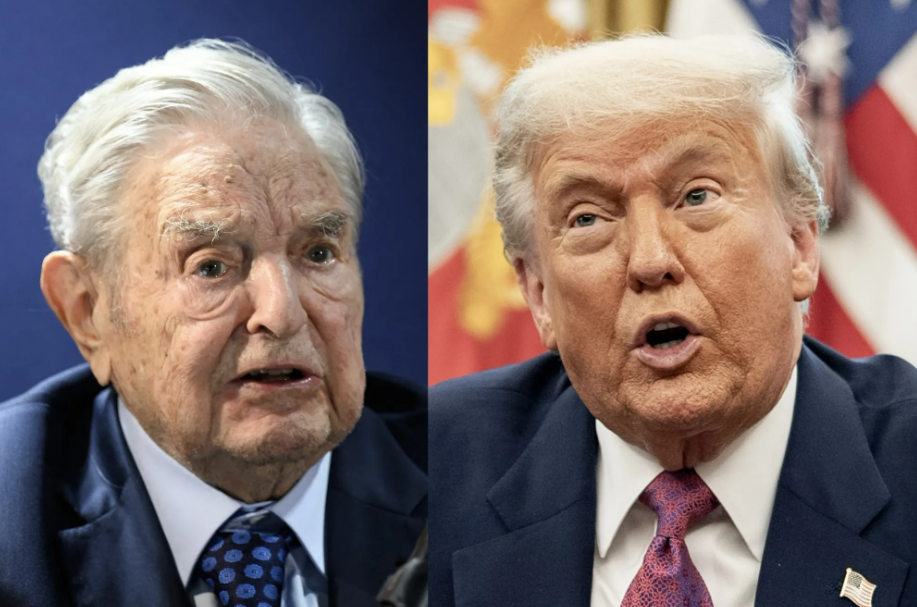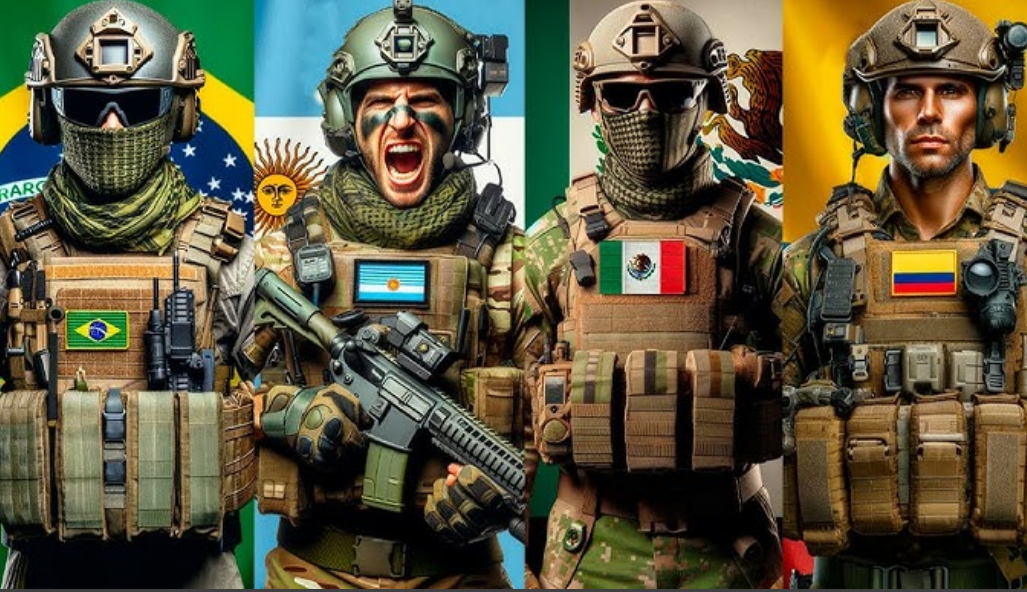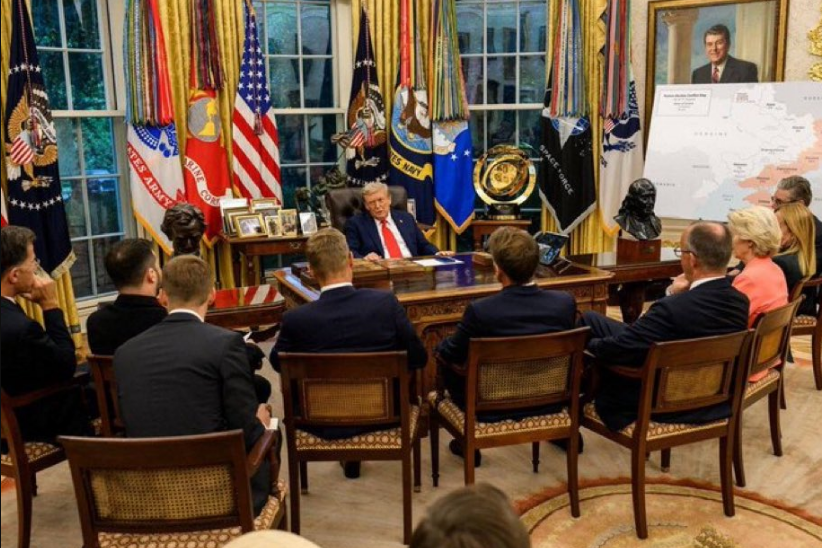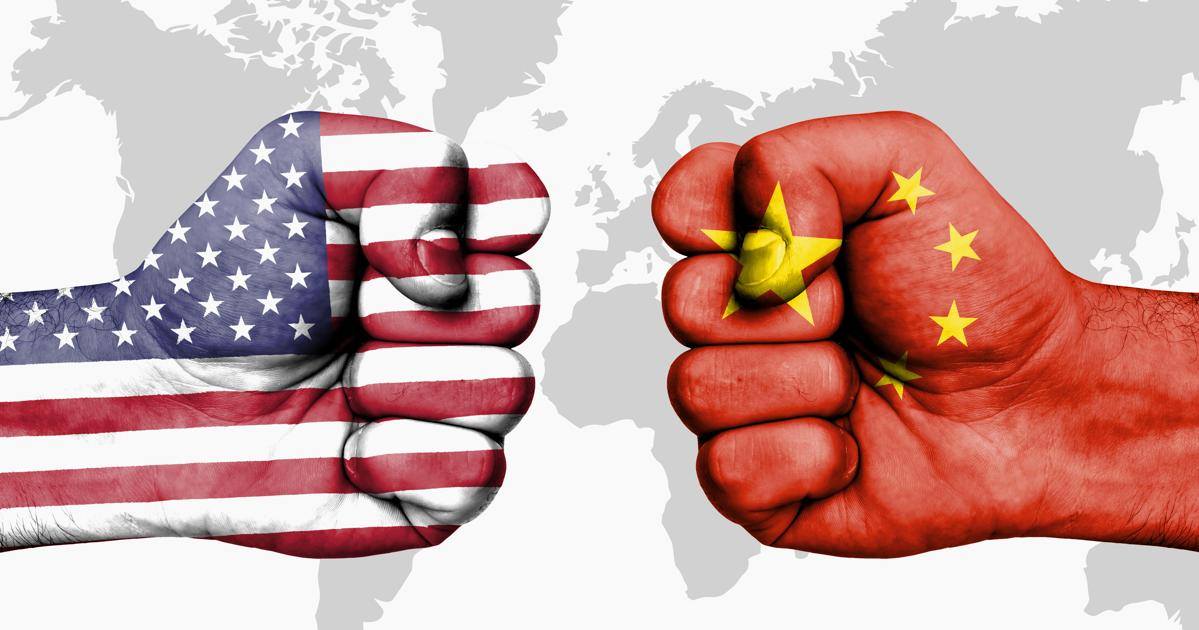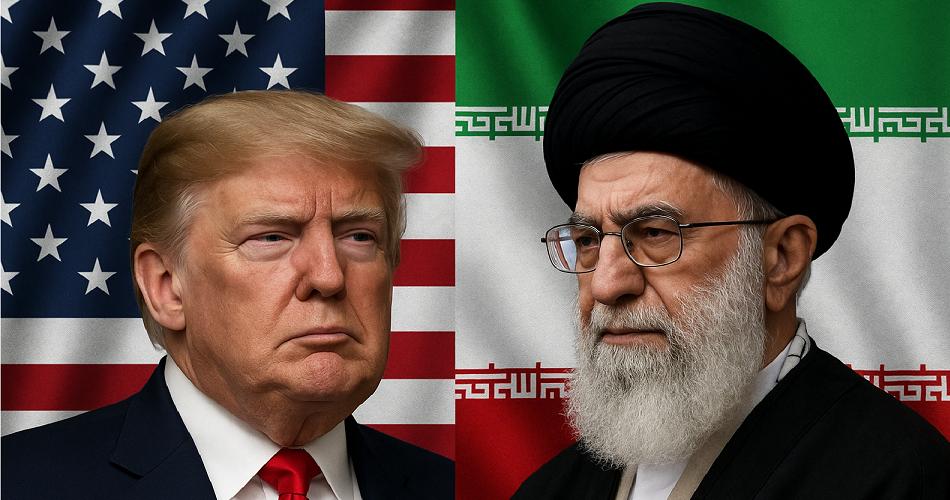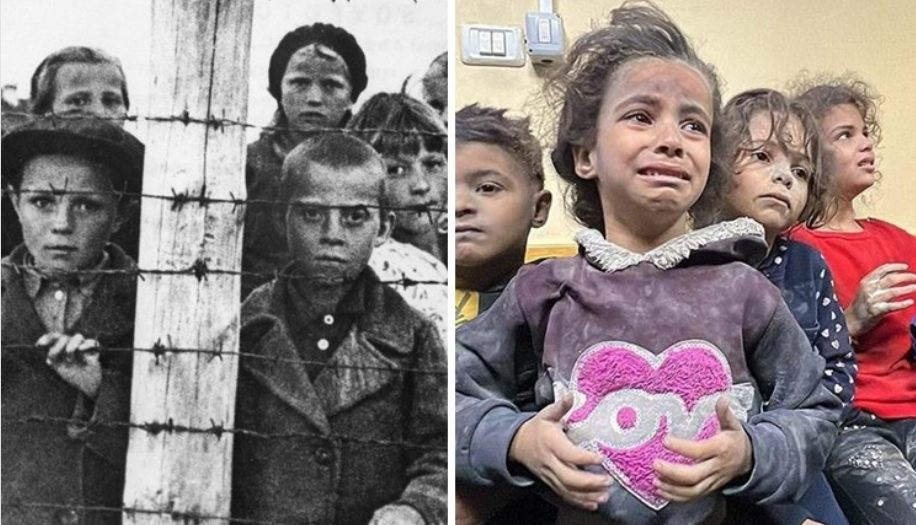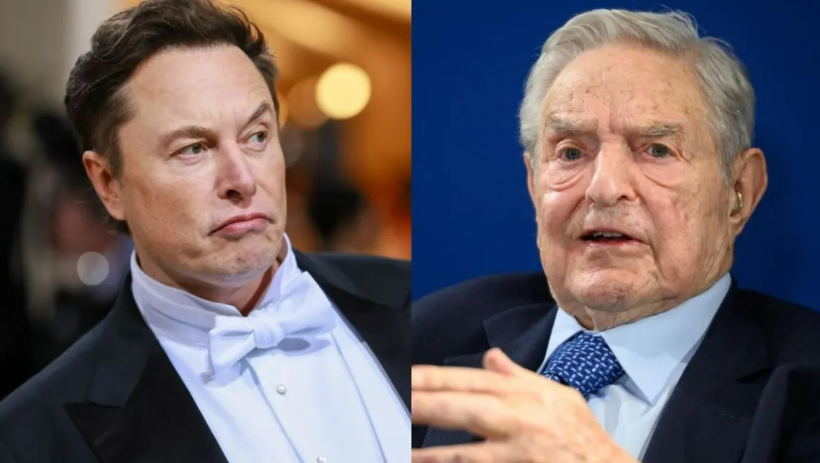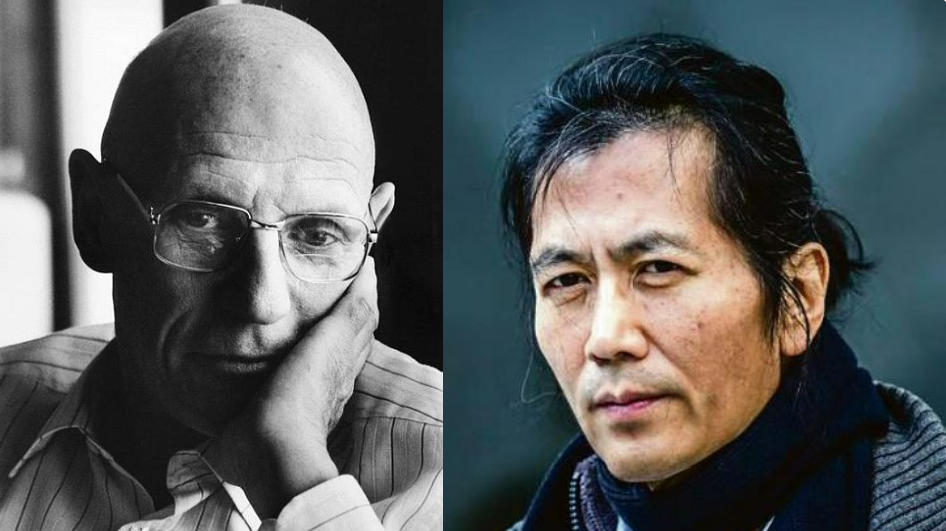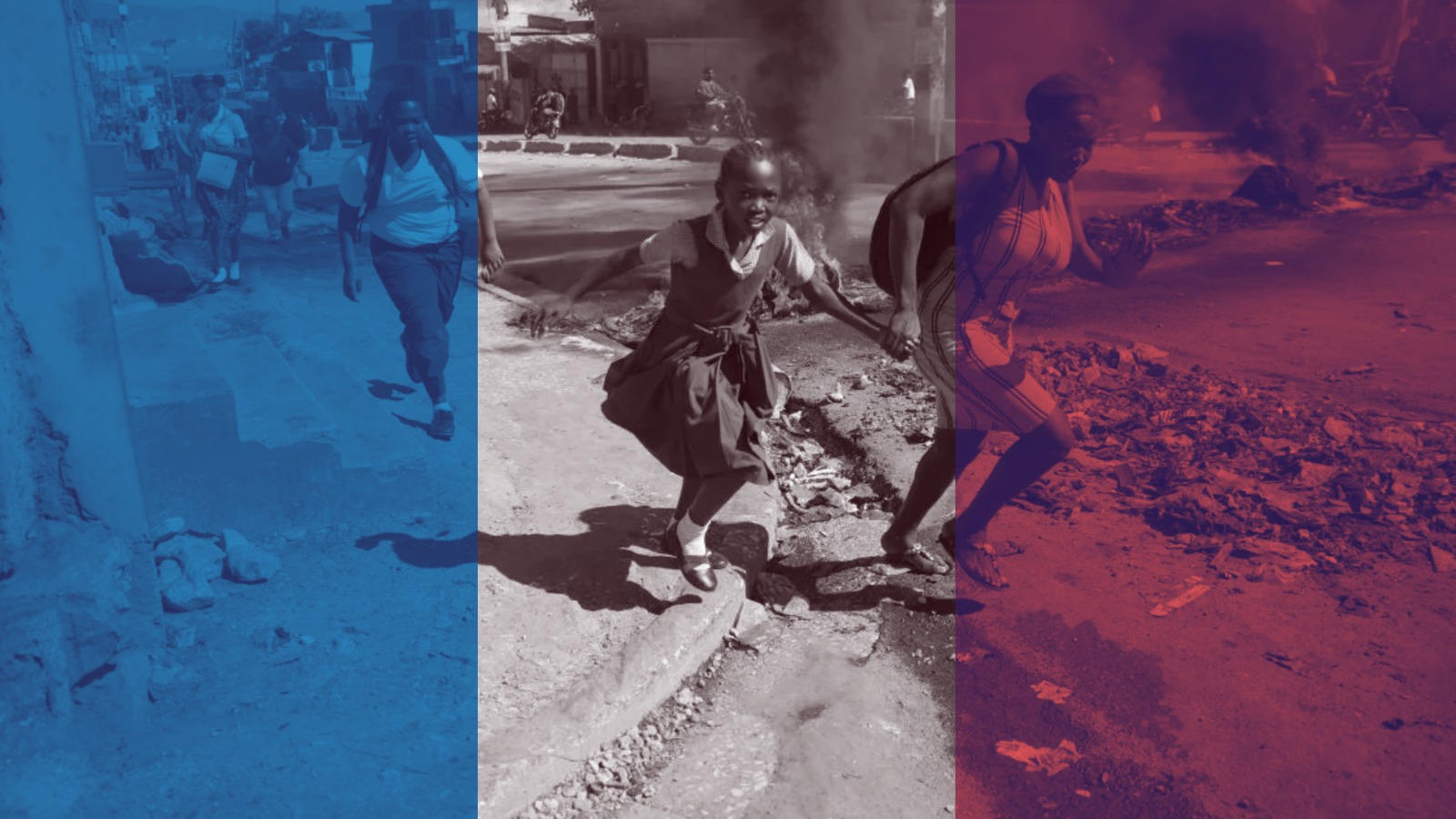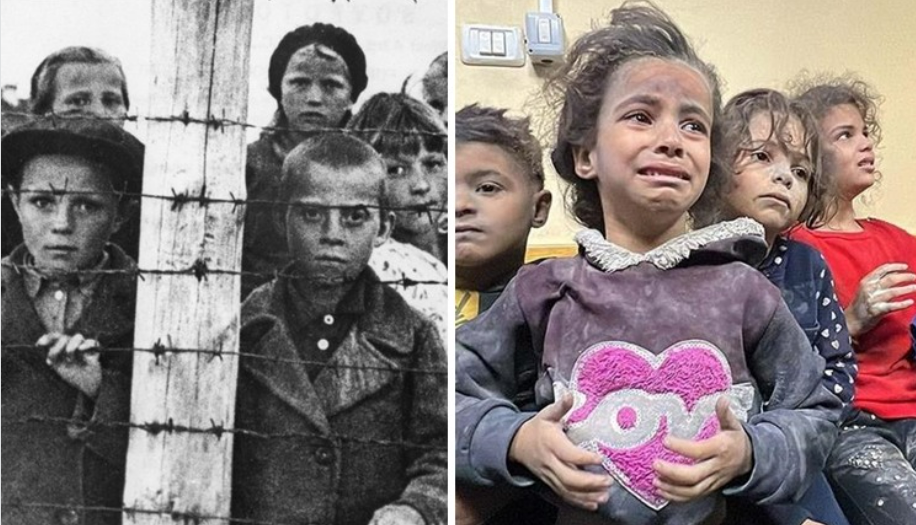
HUMAN CRUELTY
<< cruelty cannot be the product of chance, nor can it be carried out without the full certainty, on the part of the perpetrator, that the suffering has indeed taken place—hence the need to objectively verify the results of the effort....>>
https://500palabras.pe/en/opinion.php?opinion_id=40
Visitas: 1258
First of all, to say “human cruelty” is a pleonasm since cruelty does not exist anywhere else other than in human beings. No animal in nature is cruel, nor are earthquakes, volcanoes, hurricanes, or storms, despite the mortality they cause. Neither are the evils that exist “sent by God” or by the gods, as many tend to believe, for if such beings did exist, they would not need to provoke them, given that human beings are capable of producing them by themselves. Nature itself is unaware of this phenomenon we call “cruelty,” no matter how much it may seem that certain animals inflict it on others. If that were the case, we would have to say that microbes and viruses are “evil and cruel entities” simply for doing what they are supposed to do—something they hardly realize from the perspective they have. Thus, we can only and exclusively speak of cruelty when referring to human beings and to no one else. And the explanation lies in its very definition: the voluntary and rational intention to cause harm in the greatest possible proportion. This implies that, in order to achieve it, we must ensure that the one who suffers is fully conscious and that their pain manifests in the measure we expect it to. In other words, without a clear state of awareness on the part of the victim, cruelty could not occur since the perpetrator would not perceive it and would not feel satisfied with the results. In this sense, cruelty cannot be the product of chance, nor can it be carried out without the full certainty, on the part of the perpetrator, that the suffering has indeed taken place—hence the need to objectively verify the results of the effort. This means that cruelty contains a strong component of objectivity and pleasure, which can only be obtained through the contemplation or conviction that the desired harm was inflicted to the intended degree. When this is fulfilled, the author’s anxiety subsides. Now, the reasons for this eagerness to act with cruelty are, in human beings, multiple, and they are all related to the various biological emotions we feel, which are further amplified by others that are exclusively our own, such as those connected to knowledge about how nature works and how this can be used to intensify the affliction of others. That is, the greater the knowledge, the greater the possibility of causing harm to the one we wish to harm. The more power we have to dispose of things and people around us, the greater the scope of our cruelty will be until it reaches its maximum expression. Weak individuals can only exercise a limited cruelty; on the other hand, the more powerful can multiply it to unimaginable intensities since they will always have immense resources at their disposal for such a purpose. THE ORIGIN OF OUR CRUELTY It is sad to say, but the human being is the only one we know to be truly cruel. Animals may be vengeful, destroy their enemies and prey, but they do not brood or devise plans about the best way to inflict extra suffering. They simply do what nature has dictated for them to do; they never go beyond that. That prerogative belongs solely to humans. It was when we began to be human beings (something we still do not know how or when it happened) that our bodies ceased to govern us, and our own decisions and will took over instead. That is what gave us the power to do whatever we wanted with ourselves and with the world, giving rise to what we are now—with all our greatness as well as all our clumsiness, excesses, and anomalies that only an entity like ours can commit. Having no limits or rules—since that is the essence of free will—humankind has taken erratic steps throughout its existence, without knowing what its true way of living is (as all animals do know), and has thus repeatedly encountered things it should never have touched or manipulated. The creation of tools gave humans such power that they could alter the order and harmony of nature wherever they went, with animals as their first victims, turning them into prey, slaves, or objects for entertainment or perversity. Humans became insatiable omnivores, transforming everything alive into objects of their most unrestrained passions. But not only that; they also did it to themselves, becoming murderers for countless reasons that have nothing to do with the struggle for survival. Humans of yesterday, just as today, kill with a hatred and fury that not even the fiercest of animals possesses. We know perfectly well where it hurts most, to what extent, and to what point. It is this knowledge that allows us to employ, with lascivious and meticulous sadism, those torments that last the longest without producing loss of consciousness or death—since with death, the morbid enjoyment that cruelty generates comes to an end. Millions of us have died in this way, amid groans and unspeakable cries of horror and terror. And this has not happened because our bread was taken away or we were threatened, but simply because they were not “equal” to us, or because they did not think and believe as we thought and believed. And not stopping there, we have created societies in which this behavior has been institutionalized under the name of “laws” or “principles.” Those who practice this officialized cruelty call it “justice,” and carrying it out is considered a virtuous act, something sacred and accepted by all as “the right thing to do.” This madness is exploited by arms manufacturers, who respond to the demands of the most powerful, who request weapons that are ever more lethal, fearsome, and horrifying. Thanks to them, cruelty has been refined, so much so that it can now be executed from a distance and without feeling any discomfort. It is even possible to “verify,” through a screen, how millions of innocent beings are torn apart, beings despised and hated for some reason deemed “just.” Then we face the public saying that “justice has been served” and that it was the right thing to do, that we should all be proud and happy with the most ruthless slaughters because “everything was done for the sake of good and humanity.” That is why the most merciless genocides are the ones most applauded and encouraged through the media and the educational system, since, they say, that was the path “for the preservation of our system and our values.” It is hard to believe that, following this path, humankind can survive on this planet as it has until now. Our obsession with generating pain with infinite cruelty lies within us—it arises and bursts forth, and it is something we cannot control, as it is more powerful than our reason, which is, in fact, its main culprit (for its speculations are the mother of cruelty). Will there be a solution? Since this belongs to the uncertainty of our origin and destiny, it is something for which we still do not know the answer.
